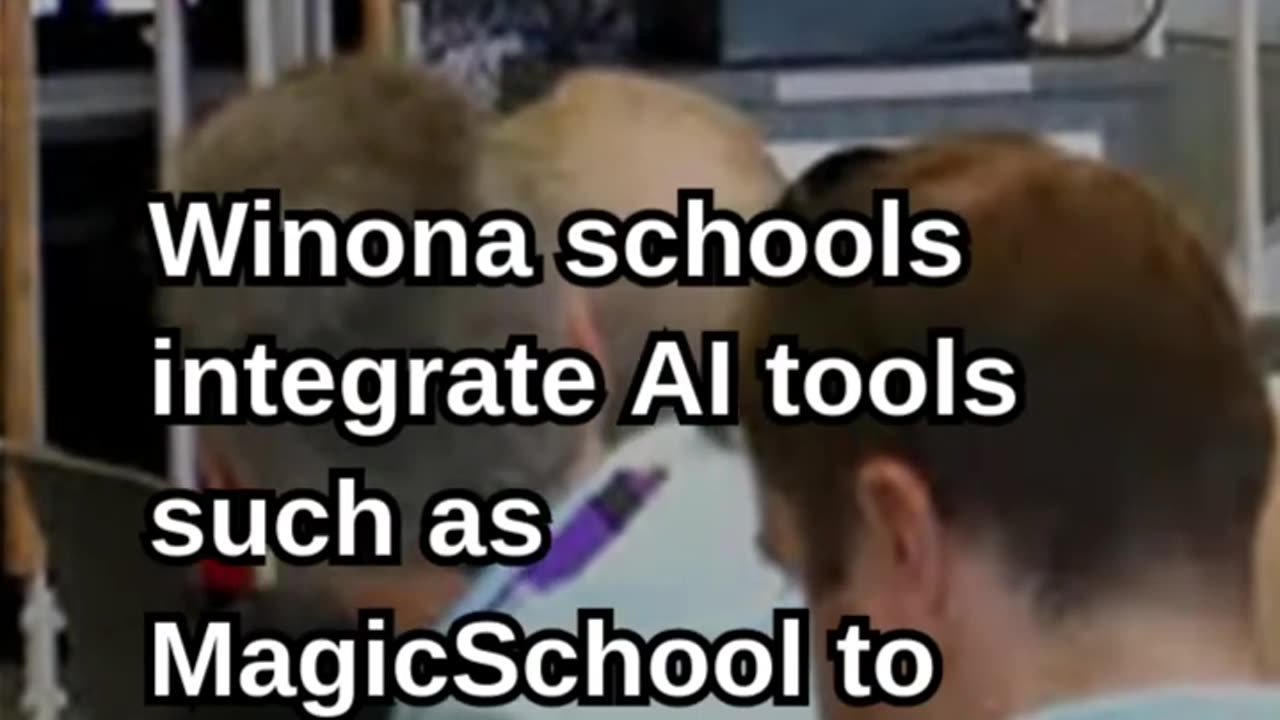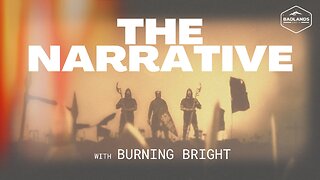Premium Only Content

AI Technology and Human Guidance in Schools
Artificial intelligence (AI) is transforming classrooms worldwide, offering personalized learning experiences, instant feedback, and tools that help teachers manage time and resources.
Go here to find out what tools we are using each day to be successful in our business.
https://versaaihub.com/resources/
https://versaaihub.com/media-and-entertainment/
https://www.instagram.com/versaaihub/
https://x.com/VersaAIHub
https://www.youtube.com/@VideoProgressions
https://www.youtube.com/@MetaDiskFinancial
From adaptive learning platforms that adjust lessons to each student’s pace, to AI-driven grading systems and virtual tutors, the technology promises efficiency and engagement like never before. But as schools embrace these innovations, the central question remains: how do we balance AI technology with the irreplaceable value of human guidance?
AI can enhance education by tailoring instruction to individual needs. For example, intelligent software can identify when a student struggles with math and provide extra practice or alternative explanations. Teachers gain valuable data insights that highlight learning gaps, allowing them to focus attention where it’s needed most. Such systems can also streamline administrative tasks, freeing educators to spend more time interacting with students.
However, AI cannot replace the empathy, creativity, and nuanced understanding that human teachers bring. Education is not only about delivering information—it’s about mentorship, social interaction, and fostering emotional intelligence. Machines may analyze patterns, but they cannot inspire curiosity or respond to the complex emotions of growing children. Relying too heavily on AI risks creating a learning environment where efficiency outweighs personal connection.
Privacy is another concern. AI systems often collect and analyze student data, from performance metrics to behavioral patterns. Without strict safeguards, this information could be misused or breached. Parents and educators must demand transparency from technology providers and ensure that data protection policies comply with child privacy laws.
To achieve a healthy balance, schools should adopt a human-first approach. AI should act as a supportive tool—never a replacement for teachers. Training programs can help educators integrate AI responsibly, understanding both its strengths and limitations. Regular communication with parents is equally important, so families know how their children’s information is being used and can reinforce critical thinking skills at home.
The future of education will likely be a partnership between technology and human guidance. By combining the adaptability of AI with the compassion and insight of educators, we can create classrooms that are both innovative and deeply personal. Thoughtful oversight, clear policies, and ongoing dialogue are key to ensuring that AI serves students’ best interests, preparing them not just for exams, but for life.
Go here to find out what tools we are using each day to be successful in our business.
https://versaaihub.com/resources/
https://versaaihub.com/media-and-entertainment/
https://www.instagram.com/versaaihub/
https://x.com/VersaAIHub
https://www.youtube.com/@VideoProgressions
https://www.youtube.com/@MetaDiskFinancial
#AIinEducation, #HumanGuidance, #EdTech, #DigitalLearning, #AIClassrooms, #EducationInnovation, #TechInSchools, #ResponsibleAI, #TeachingWithTech, #AIandTeachers, #DataPrivacy, #FutureOfEducation, #SmartClassrooms, #BalancedLearning, #ChildPrivacy, #AIIntegration, #EducationTrends, #TeacherSupport, #LearningTechnology, #AIForGood
-
 0:50
0:50
WFH University
5 days agoMicrosoft Pledges $30 Billion for U.K. AI Growth
32 -
 1:31:45
1:31:45
Chicks On The Right
4 hours agoCharlie's Memorial: highlights, the lead-up, the crowds, and the speech that broke the internet.
18.4K10 -
 LIVE
LIVE
LFA TV
14 hours agoLFA TV ALL DAY STREAM ! | MONDAY 9/22/25
3,534 watching -
 1:09:12
1:09:12
JULIE GREEN MINISTRIES
3 hours agoLIVE WITH JULIE
118K156 -
 4:01:24
4:01:24
The Bubba Army
3 days ago90K Honor Charlie Kirk At Memorial - Bubba the Love Sponge® Show | 9/22/25
64.9K14 -
 38:21
38:21
Stephen Gardner
2 days ago🔥Is Kash Patel HIDING DETAILS About Charlie Kirk & Jeffrey Epstein? Judge Joe Brown
89.4K210 -
 26:33
26:33
DeVory Darkins
1 day ago $69.19 earnedRep Omar EMBARRASSES herself in a painful way as Newsom PANICS over Kamala confrontation
131K351 -
 3:28:14
3:28:14
Badlands Media
1 day agoThe Narrative Ep. 39: The Sovereign Mind
160K44 -
 2:17:35
2:17:35
TheSaltyCracker
15 hours agoThe Charlie Kirk Effect ReeEEStream 9-21-25
166K425 -
 2:03:07
2:03:07
vivafrei
14 hours agoEp. 283: Charlie Kirk Memorial and other Stuff in the Law World
269K246